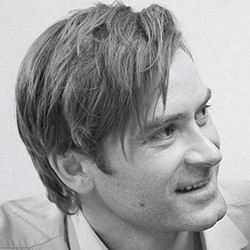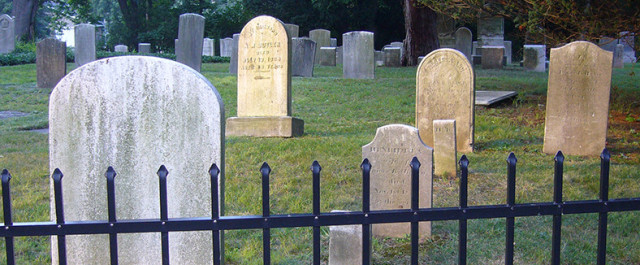Finn Janning
After my brother’s death, I wrote, “I need to live double.” That day I became a writer.
My brother died between the 3rd and 4th of October, sometime after the night had ended but before the next day had begun. It was in 1993 that an overdose killed him. He was 26 years old. I learned of his death the next morning. That day I wrote my two first lines as a writer: “I need to live double,” followed by, “Now, it’s up to me.”
I was 19 years old at that time. Dare I say, I was a typical boy, spending most of my time playing football, hanging out with friends, watching films, and occasionally chasing girls. I was not even a reader. My brother’s death changed that. From one moment to the next, I was transformed.
The day of his funeral, I bought Friedrich Nietzsche’s Thus Spoke Zarathustra and a notebook. I had no previous knowledge of philosophy. Shortly afterward, I discovered libraries.
I relish the solitude of writing. Writing connects me with something that breathes. Words: whether I am reading or putting my own down on paper, they never argue with me. I speak with them, dialoguing in a friendly atmosphere, even when I feel a lack of agreement with them. It’s like a generous experimentation with different forms of life.
Ever since that day in October, I needed to write my way through my life. Writing became a way of making sense. I don’t mean psychologizing or looking for meaning, but rather making sense on a more intuitive level. Words can reach in and out. They can connect. I do not write because I have an agenda or something important that I need to pass on. I don’t believe in writing as relieving one’s heart. My heart is a muscle that pumps blood. The Chilean writer Roberto Bolaño wrote, “There’s nothing inside the man who sits there writing. Nothing of himself, I mean…He writes like someone taking dictation.”
That’s how I feel. I don’t reject anything. I am receptive. It’s my job. I have tried many strategies for living two lives, but I only feel doubly alive when I write. It’s spacious. Dictating all of the life that is not really mine. Passing it on. Perhaps I don’t really write to live, but to survive. Being a witness to life; many lives.
I am what passes through me. Some of it leaves behind a trace on the paper. Too much of what passes through are things I still don’t notice. If there is a deeper purpose behind my brother’s too early death, it is that his absence makes me more aware. Now, it truly is up to me to live all of the life that he missed.
 Finn Janning is a writer and philosopher. His has published both fiction and nonfiction. His most recent publication is the book The Happiness of Burnout with Koenig Books.
Finn Janning is a writer and philosopher. His has published both fiction and nonfiction. His most recent publication is the book The Happiness of Burnout with Koenig Books.
